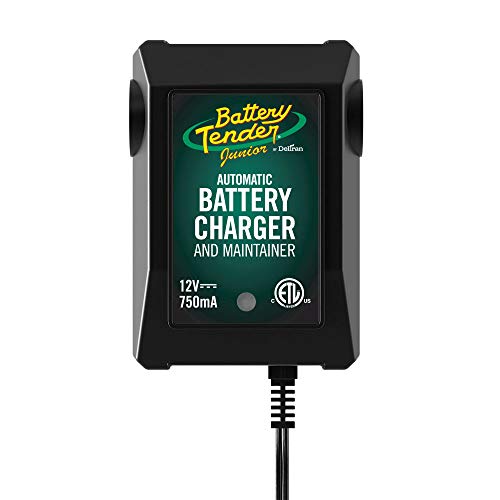How much would the average new car cost if the least expensive new car you could buy cost around $5,000?
Probably, a lot less than the current average price paid of just over $30k.
Part of the reason for the ballooning cost of new cars is the balloons in new cars. Most 2015 model cars have at least six of them now and several have eight or more. At least one has 11. But it’s much more than just the air bags. The cumulative cost-per-car of all the government’s various mandates – including the conflicting mandates regarding crashworthiness and fuel economy (it’s hard to make a “safe” car that also gets good mileage) probably amounts to more than the cost of cars themselves in the era before mandates (rather than consumer preferences) effectively dictated vehicle design.
 Slime 20017 Automotive...
Buy New $11.99
(as of 10:35 UTC - Details)
But that’s not what this column will be about.
Slime 20017 Automotive...
Buy New $11.99
(as of 10:35 UTC - Details)
But that’s not what this column will be about.
Today’s column is about what the effect on new car prices generally would be if all government mandates were to be un-mandated. If it were legal for a latter-day Henry Ford or Ferdinand Porsche to bring to market something basic and inexpensive, a latter day Model T or VW Beetle. The kind of car they don’t make any more. Because they can’t sell such cars anymore.
But let’s imagine they could – legally. That a man would not face prison for building and selling a simple car shorn of 40 years’ worth of Uncle’s Edicts. No air bags, crumple zones, whiplash headrests, back-up cameras or tire pressure monitors. Not glamorous, not fast – and yes, perhaps not as “safe” (if you were to wreck it) as a government-mandated car. But simple and inexpensive – as cars once were – back when people could decide for themselves which mattered more: the built-in “safety” of a big, heavy car… or the low cost (and high mileage) of a basic, inexpensive, lightweight car. Options available, but nothing shoved down your throat. Pick and choose what you want.
 Battery Tender 12 Volt...
Best Price: $22.64
Buy New Too low to display
(as of 10:05 UTC - Details)
Battery Tender 12 Volt...
Best Price: $22.64
Buy New Too low to display
(as of 10:05 UTC - Details)
What sort of pressure on the cost of cars generally would the availability of simple, inexpensive and very lightweight cars on the lower end of the market bring to bear on the cost/complexity (and fuel economy) of cars higher up the food chain?
Would shifting the lower end of the new car market toward the more affordable affect the affordability of all cars?
Probably, it’d be exactly like the pressure we see acting on the cost of electronics such as computers – which are among the very few consumer products whose design is not yet utterly dictated by the government rather than the market.
The existence of decent $300 machines exerts definite downward pressure on the price of machines higher up the food chain. Computers generally cost less today than they did in the past.
It is harder to charge higher prices – or rather, get people to pay them – given the existence of serviceable lower-priced alternatives.
Imagine how the same pressure could work to our benefit when it comes to cars.
If air bags (and so on) were optional – as they were once, a long time ago – many cars would still offer them, certainly. Some cars would still come with them as part of the standard equipment package. But positive (for consumers) pressure to keep costs down would exist simply by dint of the fact that consumers could say no. Could buy a car without such cost-adders. In the same way – and for the same reason – that car insurance used to cost less, before everyone was required to buy it. The insurance companies had to cater to customers; they could not dictate terms.
When there’s an alternative – when there is free choice – people get more choices. Better ones, cheaper ones.
 Kelley Blue Book Used ...
Best Price: $25.00
(as of 08:10 UTC - Details)
Kelley Blue Book Used ...
Best Price: $25.00
(as of 08:10 UTC - Details)
 Amazon.com $50 Gift Ca...
Buy New $50.00
(as of 11:05 UTC - Details)
Amazon.com $50 Gift Ca...
Buy New $50.00
(as of 11:05 UTC - Details)






